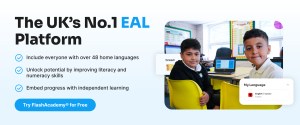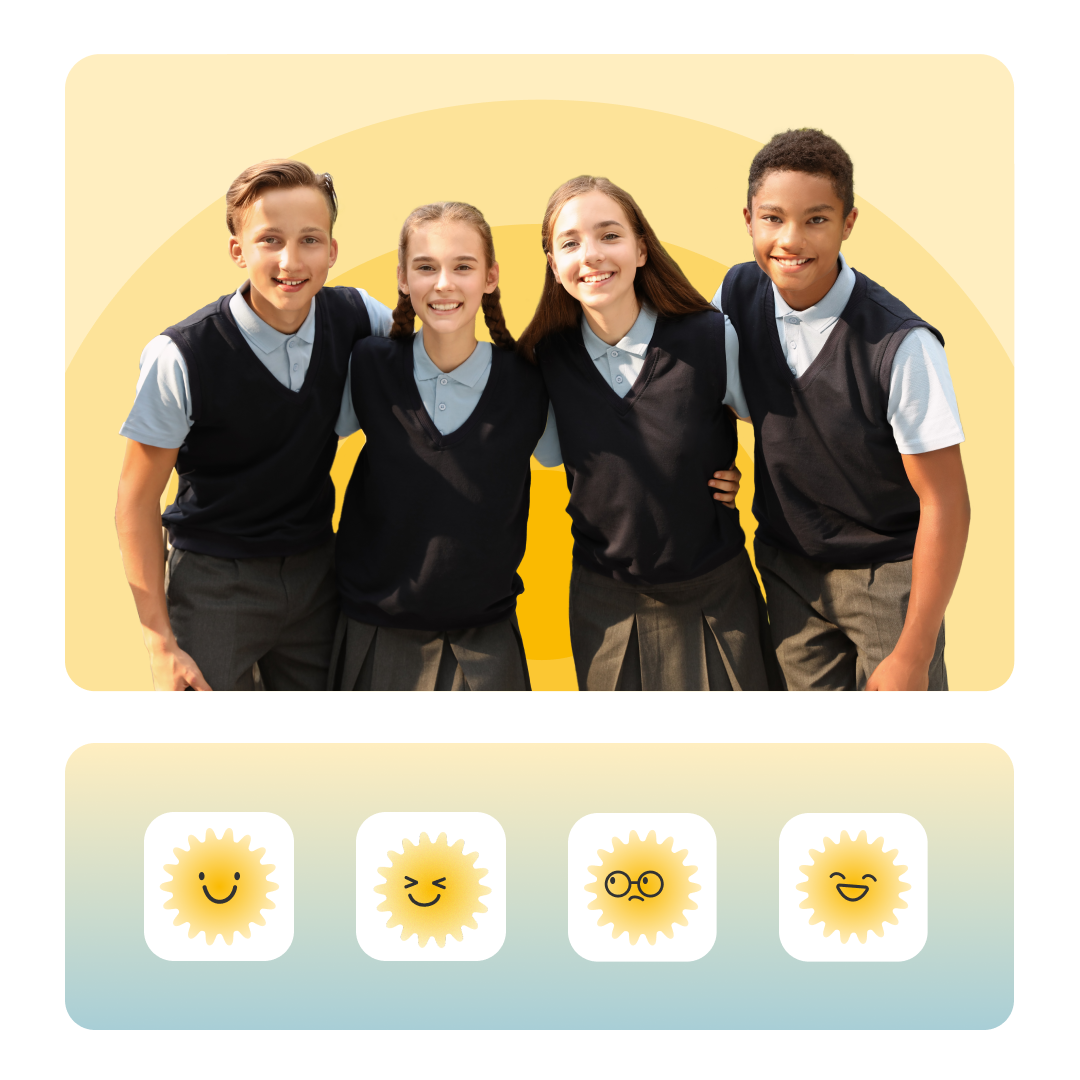

The ELT (English Language Teaching) industry is rich in acronyms which all mean slightly different things. This guide aims to demystify these terms for you so that you can answer confidently when someone asks you ‘What is EAL?’.
EAL: English as an Additional Language
This is the term used to describe students in UK schools who speak a language other than English as their home language. They are usually immersed in the English-speaking environment and have to learn English at the same time as learning curriculum content, which can be extremely challenging. If we want to support students effectively, teachers need a solid understanding of what EAL is so they can plan accordingly.
ESL: English as a Second Language
This is the term used in the U.S. instead of EAL to mean students whose first language is other than English. In the UK, we prefer to talk about EAL students as many children speak more than one language already. Many refugees and asylum seekers spend time in other European countries before reaching the UK, so they may learn English through another European language rather than their ‘first’ language(s). This is something to consider when identifying errors caused by first language interference and deciding what is EAL related when assessing students’ work. If you don’t know everything about every language your students speak, don’t worry! You’re not alone. At FlashAcademy®, we’ve created some Learner Profiles, like this Arabic profile, to help you understand the language background of your students.
ESOL: English for Speakers of Other Languages
This is the acronym commonly used in the Further Education sector. The focus of courses is usually related to employment and skills relevant to adult life. There is often a literacy focus combined in these courses to support adults whose first language uses a different alphabet, or who don’t have literacy skills in their first language. Courses may be government-funded or provided by employers who see a need for their employees to develop their English language skills. You can find lots of great ESOL activities on the British Council website, including some which could be useful for parents of EAL students when communicating with schools.
EFL: English as a Foreign Language
You will see this term used to describe students who are learning English out of choice and in contexts other than the UK/USA. They may have the goal of studying or working in the UK in the future or want to gain skills to enable them to communicate more effectively in international business. Students usually pay for their own courses or study English in dedicated classes at school. This is the equivalent of what MFL (Modern Foreign Languages) are in the UK. You can download helpful MFL resources including these translation card packs from the FlashAcademy® website.
EAP: English for Academic Purposes
When students reach a high level of General English proficiency and want to study at university, they need to learn specific academic skills like referencing, paraphrasing and using formal academic vocabulary. EAP courses are usually university-based and focused on developing these skills in an academic context through writing essays, reading academic articles, listening to lectures and preparing formal presentations. If you’re interested in learning more about EAP, the professional body BALEAP provides support for professional development in this area.
ESP: English for Specific Purposes
There are a plethora of reasons why people may need to learn English for their work, and a huge number of industries require their employees to know specialist vocabulary relevant to their employment context. Airline English, English for healthcare professionals, legal English, military English, construction, manufacturing, and production… The list goes on. Chances are that if there is an industry, there is a need for related English language learning.


